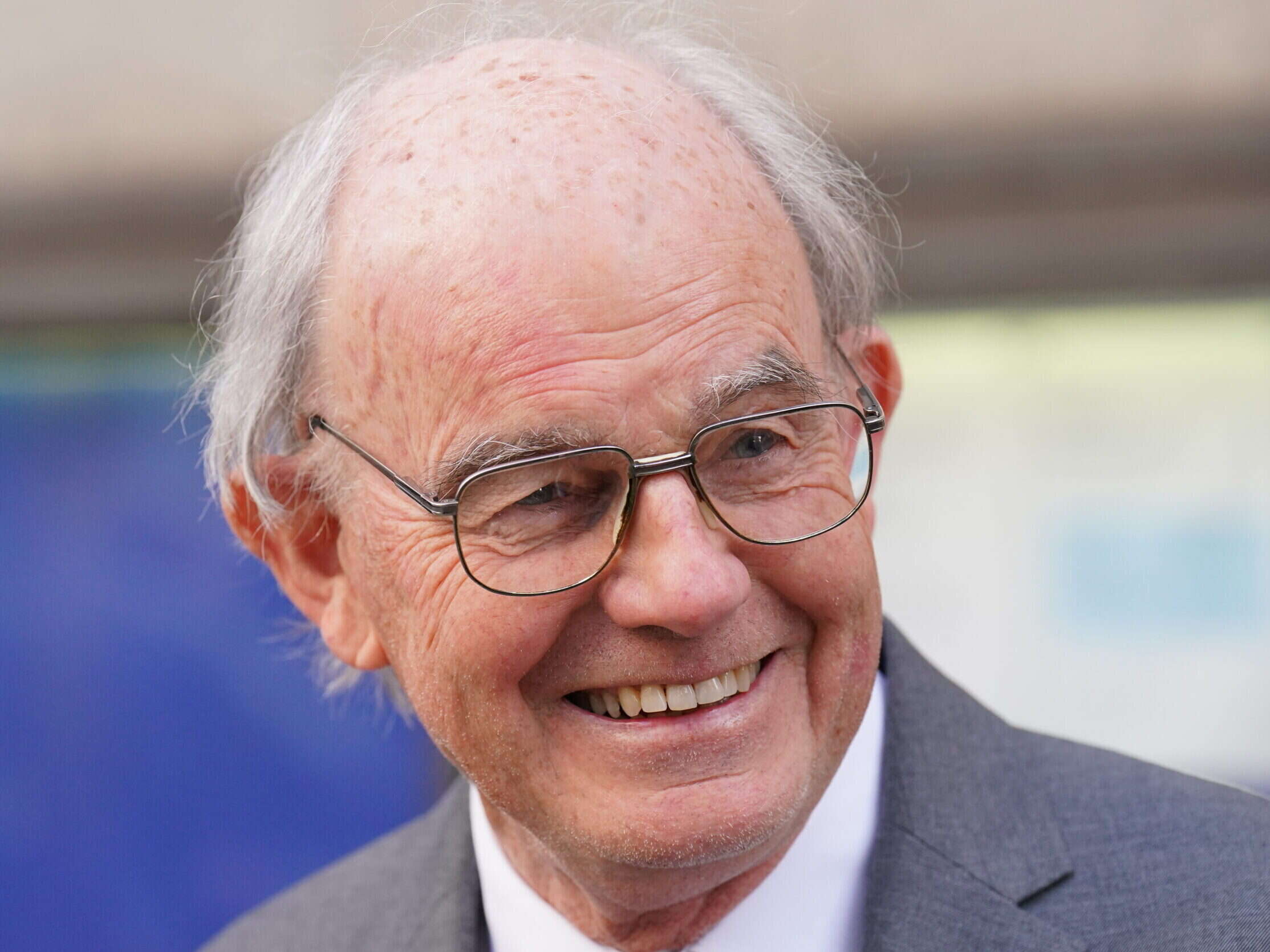
Journalist and former MP Chris Mullin has won his fight against being forced to hand over material that would identify confidential sources relating to his investigations into the 1974 IRA Birmingham pub bombings.
An Old Bailey judge ruled on Tuesday that Mullin would not have to disclose his notes dating back to 1985 and 1986 despite West Midlands Police’s application for a production order under the Terrorism Act.
The Recorder of London Judge Mark Lucraft said: “I do not find an overriding public interest to displace the journalistic source protection right. I decline to grant the production order sought.”
This was despite saying he could “see the benefit likely to accrue to a terrorist investigation if the material is obtained”.
Judge Lucraft said he was satisfied there were “reasonable grounds for believing” that Mullin’s unredacted material identifying one bomber and containing their confession, and notes from speaking to another alleged bomber, were “likely to be of substantial value” to police, but ultimately ruled in favour of Mullin’s Article 10 freedom of expression rights.
In a statement, Mullin, 74, said he was “grateful” for the decision: “The right of a journalist to protect his or her sources is fundamental to a free press in a democracy.
“My actions in this case were overwhelmingly in the public interest.
“They led to the release of six innocent men after 17 years in prison, the winding up of the notorious West Midlands Serious Crimes Squad and the quashing of a further 30 or so wrongful convictions.
“This case also resulted in the setting up a Royal Commission which, among other reforms, led to the setting up of the Criminal Cases Review Commission and the quashing of another 500 or more wrongful convictions.
“My investigation is also the main reason why the identity of three of the four bombers is known.
“Finally, I am grateful to the National Union of Journalists for their unswerving support and also to my legal representatives, Louis Charalambous and Gavin Millar QC.”
Mullin investigated the bombings, which killed 21 people and injured more than 200, for his book Error Of Judgement and a series of documentaries in the 1980s. His work directly helped lead to the release of six innocent imprisoned men whose convictions were quashed in 1991.
Mullin did voluntarily hand over some redacted notes from interviews he conducted with former IRA members, omitting sections that may have identified one of the bombers to whom he had provided assurances of confidentiality.
He contested the police bid to grab more of his material on the grounds that it would be a fundamental breach of the principle that journalists are entitled to protect their sources.
Mullin told the Old Bailey last month it was a journalist’s “fundamental ethical obligation” to protect the identities of their sources and that, if the police application succeeded, it would “set a precedent which could be used to undermine the freedom of journalists to investigate alleged miscarriages of justice and other matters in cases involving terrorism”.
Mullin’s solicitor Louis Charalambous, of Simons Muirhead Burton, said the judgment was a “landmark” for freedom of expression.
“This is a landmark freedom of expression decision which properly recognises the public interest in Chris Mullin’s journalism which led to the release of the Birmingham Six,” he said.
“If a confidential source cannot rely on a journalist’s promise of lifelong protection then these investigations will never see the light of day.”
NUJ general secretary Michelle Stanistreet described the judgment as a “hopeful beacon at a time when we rely more than ever on dependable news, despite journalists facing mounting legal challenges”.
“Few reporters have been more courageous and dogged than Chris Mullin, nor have they been so spectacularly vindicated,” Stanistreet said.
“This case threatened press freedom and amounted to another attempt to criminalise the legitimate actions of journalists. In refusing this production order, the judge has recognised the principle that the NUJ will always defend – that protecting sources underpins every journalist’s ability to report.
“I hope that West Midlands Police now chooses to devote its many powers to amassing sufficient credible evidence to secure a conviction for those terrible bombings.”
Anthony Bellanger, general secretary of the International Federation of Journalists, said: “The protection of journalists’ sources is one of the fundamental pillars of our profession. We warmly applaud this landmark decision which reminds us all of of our commitment to observing professional secrecy regarding the source of information obtained in confidence.”
Assistant Chief Constable Matt Ward of West Midlands Police said: “This was a complex issue balancing the need to pursue all significant lines of inquiry related to the 1974 Birmingham pub bombings against the rights of journalists to keep the sources of their information confidential.
“The court has given its independent judgment which we will now consider carefully.
“West Midlands Police remains committed to bringing to justice those responsible for the murder of 21 innocent victims.”
Update: On Wednesday, Society of Editors executive director Dawn Alford welcomed the “landmark decision” and “the judge’s recognition of the fundamental principle at stake and the importance of journalistic source protection”.
“Moving forward, if we want important investigations like that conducted by Chris Mullin into the Birmingham Six to continue, sources must remain confident in the ability of journalists to protect their identity. Yesterday’s ruling is a victory for both freedom of expression and the public interest.”
Picture: PA Wire/Jonathan Brady
Email pged@pressgazette.co.uk to point out mistakes, provide story tips or send in a letter for publication on our "Letters Page" blog
